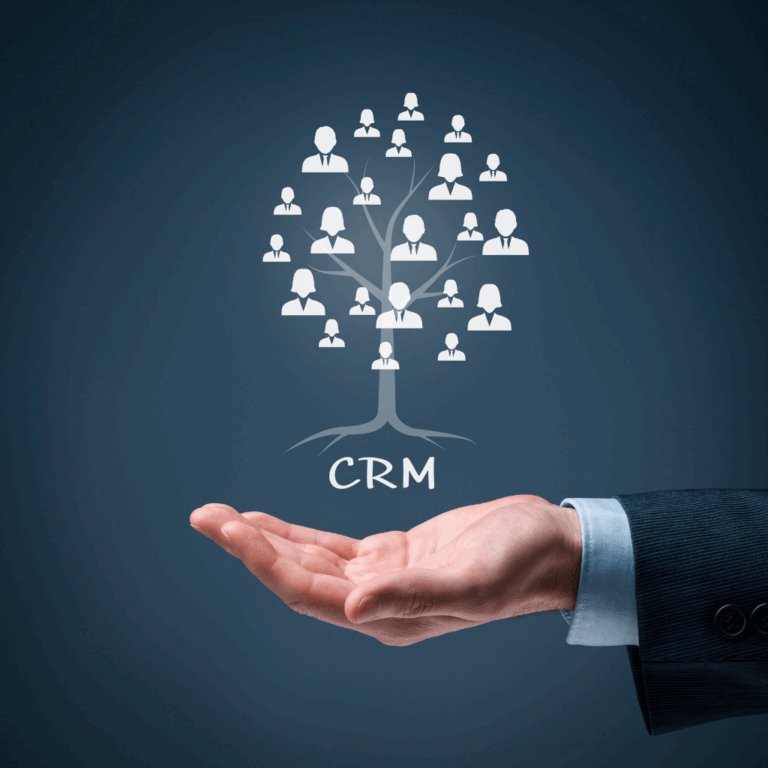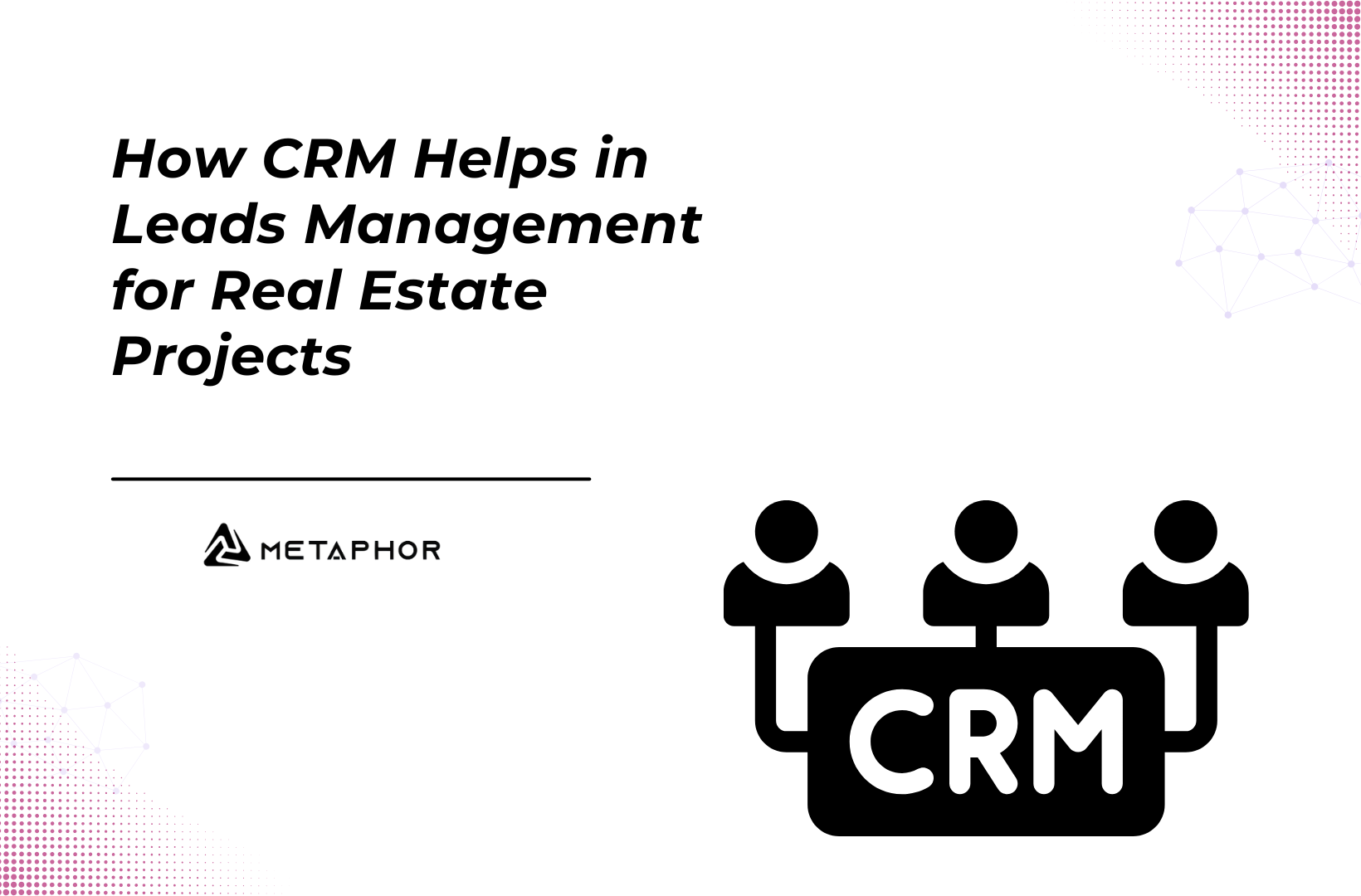In the competitive world of real estate, managing customer relationships effectively is the key to success. A Customer Relationship Management (CRM) system is a powerful tool that helps real estate professionals streamline their operations, enhance customer interactions, and close deals faster. This blog explores how CRM systems revolutionize customer handling in the real estate industry, ensuring better engagement, efficiency, and long-term client satisfaction.
1. Centralized Customer Data Management
Problem: Fragmented Customer Information
Real estate agents often juggle multiple clients, properties, and transactions simultaneously. Without a centralized system, customer data can become scattered across emails, spreadsheets, and paper notes, leading to inefficiencies and missed opportunities.
Solution: CRM as a Single Source of Truth
A CRM system consolidates all customer information into one platform, including:
- Contact details (names, phone numbers, emails).
- Property preferences (budget, location, type of property).
- Interaction history (calls, emails, meetings, feedback).
This centralized approach ensures that agents have instant access to critical data, enabling personalized and timely responses.
2. Improved Lead Management
Problem: Lost or Neglected Leads
In real estate, leads can come from various sources—website inquiries, social media, referrals, or open houses. Without a structured system, many leads fall through the cracks.
Solution: Automated Lead Tracking
A CRM system:
- Captures leads from multiple channels automatically.
- Scores and prioritizes leads based on their likelihood to convert.
- Assigns follow-ups to agents, ensuring no lead is forgotten.
For example, a CRM can send automated reminders to follow up with a lead who visited an open house but hasn’t made an offer yet.

3. Personalized Customer Engagement
Problem: Generic Communication
Clients expect personalized interactions, especially in real estate, where decisions are highly emotional and financial.
Solution: Tailored Communication
A CRM enables agents to:
- Segment clients (first-time buyers, investors, sellers).
- Send personalized emails or messages based on client preferences.
- Track birthdays, anniversaries, or milestones to build rapport.
For instance, a CRM can automatically send a personalized property recommendation to a client based on their saved searches.
4. Efficient Task and Workflow Automation
Problem: Manual and Repetitive Tasks
Real estate agents spend significant time on administrative tasks like scheduling appointments, sending contracts, or updating listings.
Solution: Automation for Efficiency
A CRM automates:
- Appointment scheduling (syncing with Google Calendar).
- Document generation (contracts, invoices).
- Follow-up reminders (after a property viewing).
This frees up agents to focus on high-value activities like closing deals.
5. Enhanced Collaboration Among Teams
Problem: Siloed Teams
In larger real estate firms, lack of coordination between agents, brokers, and support staff can lead to miscommunication and delays.
Solution: Shared CRM Platform
A CRM fosters collaboration by:
- Allowing team members to share notes and updates in real time.
- Tracking team performance (lead conversion rates).
- Ensuring transparency in client interactions.
For example, if an agent is unavailable, another team member can quickly pick up where they left off using the CRM’s shared history.
6. Data-Driven Decision Making
Problem: Guesswork in Strategy
Without insights into customer behavior and market trends, real estate professionals may rely on intuition rather than data.
Solution: Analytics and Reporting
A CRM provides:
- Sales pipeline analysis (how many leads convert to closings).
- Customer feedback trends (common pain points).
- Market insights ( popular property types or locations).
These insights help agents refine their strategies and allocate resources effectively.
7. Better Customer Retention
Problem: One-Time Transactions
Many real estate agents focus solely on closing deals, neglecting long-term relationships.
Solution: Post-Sale Engagement
A CRM helps:
- Maintain post-sale communication
- Offer referral incentives to satisfied clients.
- Provide updates on market trends to keep clients engaged.
For example, a CRM can remind agents to reach out to past clients during peak buying or selling seasons.
8. Integration with Other Tools
Problem: Disconnected Systems
Real estate professionals use multiple tools—email, social media, accounting software—but these often don’t sync.
Solution: Seamless Integrations
A CRM integrates with:
- Email platforms (Gmail, Outlook).
- Social media ( Facebook Lead Ads).
- Property listing sites (Zillow, Realtor.com).
This ensures a smooth workflow without switching between apps
The Future of CRM in Leads Management
A CRM system is no longer a luxury but a necessity for real estate professionals aiming to excel in customer handling. From lead management to post-sale engagement, CRM tools streamline operations, enhance client relationships, and drive business growth. By adopting a CRM, real estate agents can focus on what they do best—helping clients find their dream homes—while the system handles the rest.
Investing in the right CRM today can transform your real estate business tomorrow.




